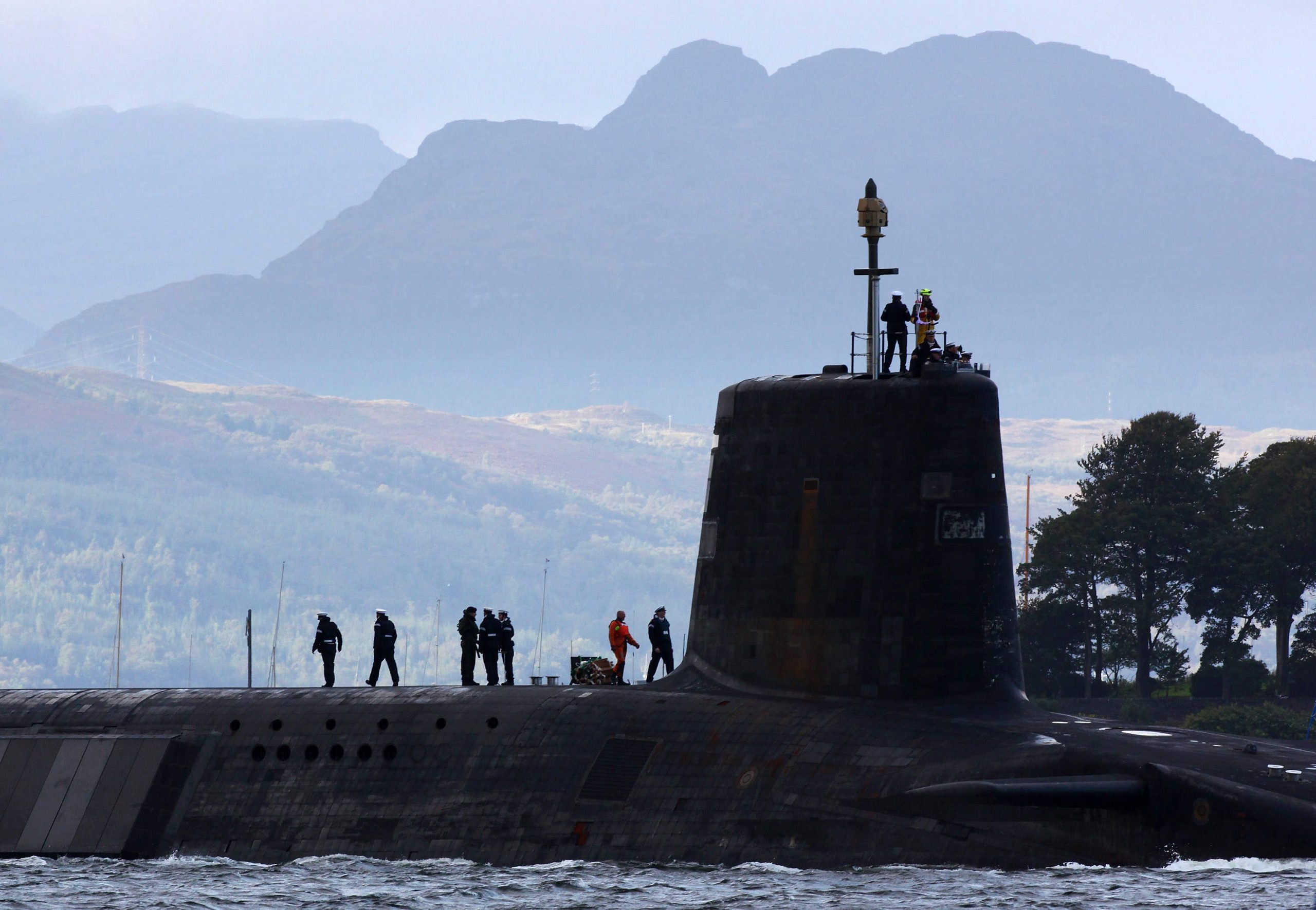
One of the few surprise features of the Strategic Defence and Security Review, much of which was briefed in advance, was the rise in the cost of Trident renewal. It is now estimated that the four successor submarines will cost £31bn, up from the previous figure of £25bn, with a £10bn contingency fund available.
It has long been assumed that MPs will vote on whether to renew the nuclear weapons system but the review promises only to hold “a debate in parliament”. This was confirmed afterwards by a No.10 spokeswoman who said: “We are committing at this stage to a debate. We are not putting a time on it. We are not ruling out that there will be a vote. We are explicitly committing to a debate.”
Were David Cameron to avoid a vote, which some previously suggested could be held before Christmas, it would give Labour time to resolve its position. Jeremy Corbyn has maintained his support for unilateral disarmament but the party’s official policy remains to back full renewal. Shadow defence secretary Maria Eagle, as Corbyn said in his response to Cameron’s statement, is leading a review for the party (along with co-chair and unilateralist Ken Livingstone), which sources say will last at least a year.
Significantly, when I recently interviewed her, Eagle told me that the government did not need to hold a vote on Trident renewal and accused ministers of seeking to exploit Labour’s divisions. She said: “For a start-off, they don’t have to have a vote on this, they’ve got a mandate. Since when did they decide it was necessary to have parliamentary votes on whether or not they should sign big contracts? I don’t remember them doing it about whether or not we should get the Chinese to build nuclear power stations in Somerset. I don’t remember them doing it on whether or not we should give Virgin the East Coast franchise.
“If they bring that vote forward, before Christmas, that is a despicable attempt to play politics with this issue and, quite disgracefully, with our national defence at a time of increased tension abroad . . . Their cover for it is that we don’t want it to be an issue in the Scottish elections. It’s going to be an issue in the Scottish elections whether there’s a vote before or not.”
If Cameron does not hold a vote on Trident, it is the “mandate” referred to by Eagle that he will likely cite as justification.
Update: In response to Tory MP Julian Lewis, Cameron said: “Obviously at the appropriate moment, we’ll want to have a vote in this House.” That suggests a vote, as originally thought, will be held. The “appropriate moment” may well be when and if Labour’s policy becomes unilateral nuclear disarmament.
He later told the SNP’s Brendan O’Hara: “I am very keen that we should have a vote. I would like a vote on main gate, after gate, pre-gate, you can have as many votes as you like!”





